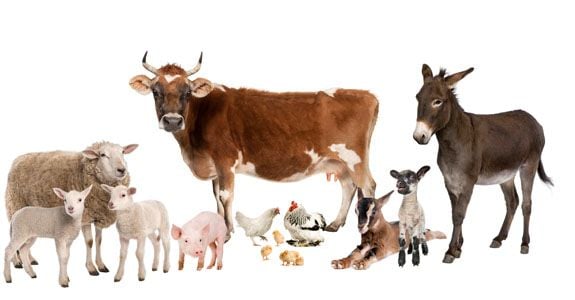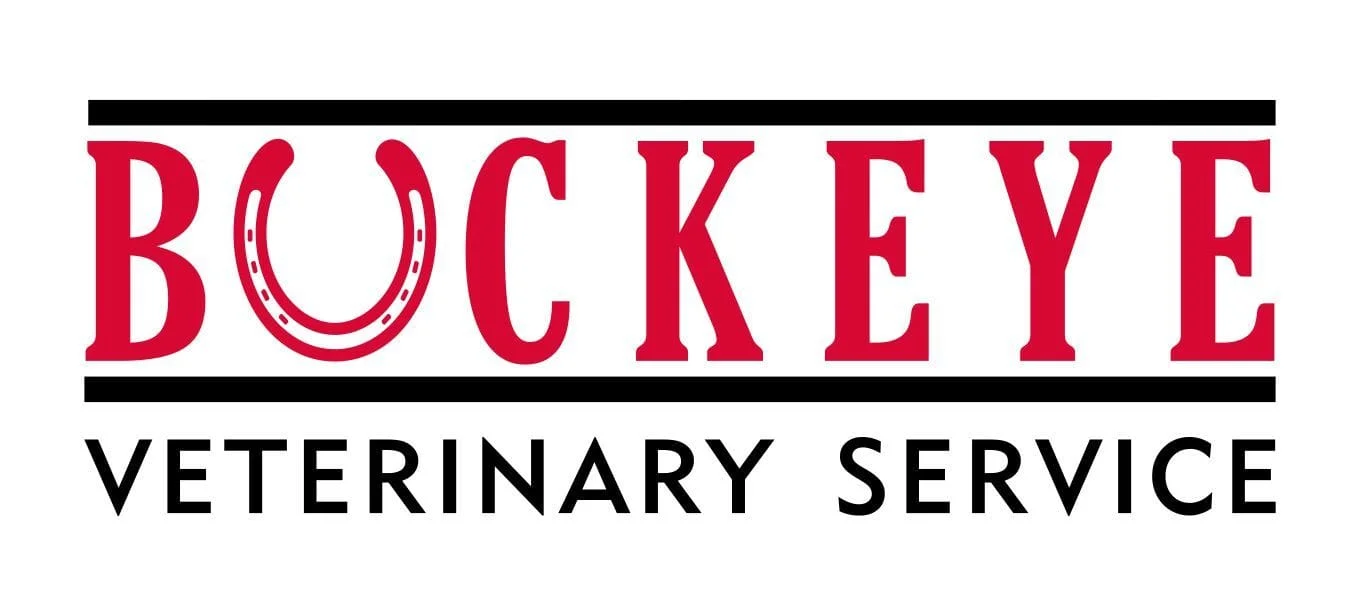Has your horse not quite been themselves lately? Have you noticed unusual fatigue or conversely, excitability? You may be surprised to learn that nutrition and dietary choices play a significant role in determining equine behavior. And, it is not simply what they eat, but how. Horse owners often report
Read more

Have you ever dreamed of one day owning a farm? Well, owning some livestock can give you the same rewarding feeling. Livestock consists of animals such as cows, pigs, sheep, goats, donkeys, horses, and mules. Whether you want an animal to provide you with fresh eggs in the morning or one to ride through your pasture, livestock animals are your best bet to give you what you are looking for.
Choosing what livestock to raise relies heavily on how much space you have, if they need fencing, how much they eat, state and local property laws, and more. You should also consider what type of veterinary care your livestock will require to avoid the spread of diseases and external parasites. Your veterinarian can recommend the best vaccinations for your livestock so they stay as healthy as possible. Continue to the articles below to learn how you should care for each livestock animal.
-
Nutrition Affects a Horse's Behavior
Category: Newsletter Library, Equine
-
Horse Talk: Oral Exams Matter at Every Age
Category: Newsletter Library, Equine
Regular dental care is an important part of equine wellness care. Horses have a hypsodont tooth and an anisognathic jaw conformation. This means that the upper jaw is wider than the lower jaw, an arrangement that maximizes a horse’s chewing efficiency. A horse’s teeth and bite are important for more
Read more -
Keeping Your Horse Free of Colic
Category: Newsletter Library, Equine
Colic, in its more severe manifestations, takes more horses' lives than any other common equine ailment. If your horse has frequent bouts with this painful form of digestive upset -- or if you would like to protect him from having such problems in the future -- it's best to understand what causes colic
Read more -
Foaling Injuries and Complications
Category: Newsletter Library, Equine
If your mare is about to give birth, chances are that the foal will emerge normally and in good health..However, just as human births can develop complications, equine births can present complications, and these complications may threaten the mother, the foal, or both. It helps to know what might happen
Read more -
Equine Laminitis
Category: Newsletter Library, Equine
Have you noticed changes in your horse's gait? Are they showing signs of fatigue or are disinterested in exercising? Equine laminitis is inflammation of the sensitive and insensitive laminae in horse's feet and generally occurs bilaterally in the front feet. This multi-faceted issue tends to run in heavier
Read more -
Understanding EHV Equine Herpesvirus
Category: Newsletter Library, Equine
Equine Herpesvirus (EHV-1) is an infection in horses that can cause respiratory disease, abortion in mares, neonatal foal death, and/or neurologic disease. When this infection spreads neurologically, it is referred to as Equine Herpesvirus Myeloencephalopathy (EHM). This virus is spread through the air,
Read more -
Preventing Snakebites
Category: Newsletter Library, Equine
Snakebites are not limited to humans, nor is it limited to any specific region of the world. Taking precautions to minimize the occurrence is first and foremost, but knowing what signs to recognize can keep your horse from developing serious or fatal health concerns from snakebite. Possible Signs of
Read more -
No Sweat: It's a Problem
Category: Newsletter Library, Equine
Horses, like humans, sweat to cool themselves in warm weather and during periods of exertion. In hot climates, especially humid ones, failure to sweat often means that they are prone to over-heating and cannot be worked. This condition is called anhidrosis. It is unknown what causes anhidrosis and treatment
Read more
Locations
Office Hours
24 Hour Emergency Care - 365 Days a Year
8:00 am - 4:30 pm
8:00 am - 4:30 pm
8:00 am - 4:30 pm
8:00 am - 4:30 pm
8:00 am - 4:30 pm
Emergencies Only
Emergencies Only

